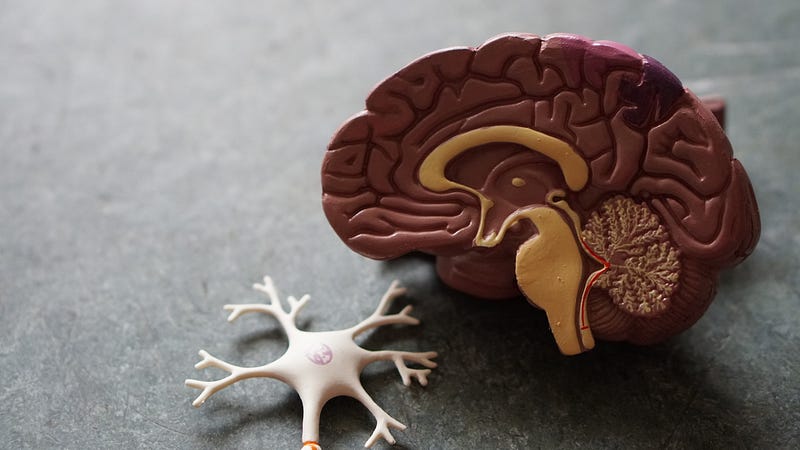Why do people like being tipsy? Here’s how alcohol affects the brain.

Alcohol is one of the most-used drugs in the world. Millions of people enjoy the tipsy feeling it produces, especially in social gatherings where a little booze seems to make the good times flow.
Alcohol disinhibits the brain “It affects the brain.”
Ethanol, the remarkably simple chemical compound that gives alcoholic drinks their buzz, permeates the cells of our body and brain within minutes of consumption. There is still a lot we do not know about alcohol’s effects on the brain. “It has such widespread effects in the brain.”
Alcohol is widely known to be a depressant, meaning it generally suppresses neural activity in the brain. It amplifies the effects of brain chemicals that inhibit neural activity — GABA and glycine — by acting on the same receptors those neurotransmitters bind to. At the same time, alcohol inhibits the effects of excitatory brain chemicals, producing a double-whammy of reducing brain activity.
But it is not so simple.
As most people who drink may know, alcohol has a biphasic effect: initially and in low doses, it produces a buzz where we feel stimulated and disinhibited like we can dance or converse forever before sleepiness settles in.
This rise and fall of our spirits correspond with the rise and fall of our blood alcohol levels.
Alcohol may cause us to become disinhibited by dampening activity in parts of our frontal cortex, which is important for executive control functions such as inhibiting behaviors we don’t want to do. By inhibiting our inhibitions, alcohol makes us feel more stimulated.
Being pleasantly buzzed also releases dopamine and increases activity in the striatum, a key brain region associated with rewarding stimuli. Weafer and her colleagues found that neural activity in the striatum corresponded to how stimulated alcohol made the participants feel.
The participants were getting the alcohol intravenously, but still “they enjoy it, even though they are just kind of laying down in a scanner,”
Alcohol affects the emotional centers of the brain as well. In one study, alcohol dampened the neural responses in the amygdala to negative facial expressions, which may be a reason drinking can serve as a social lubricant, said Gilman, who led the study.

Comments
Post a Comment